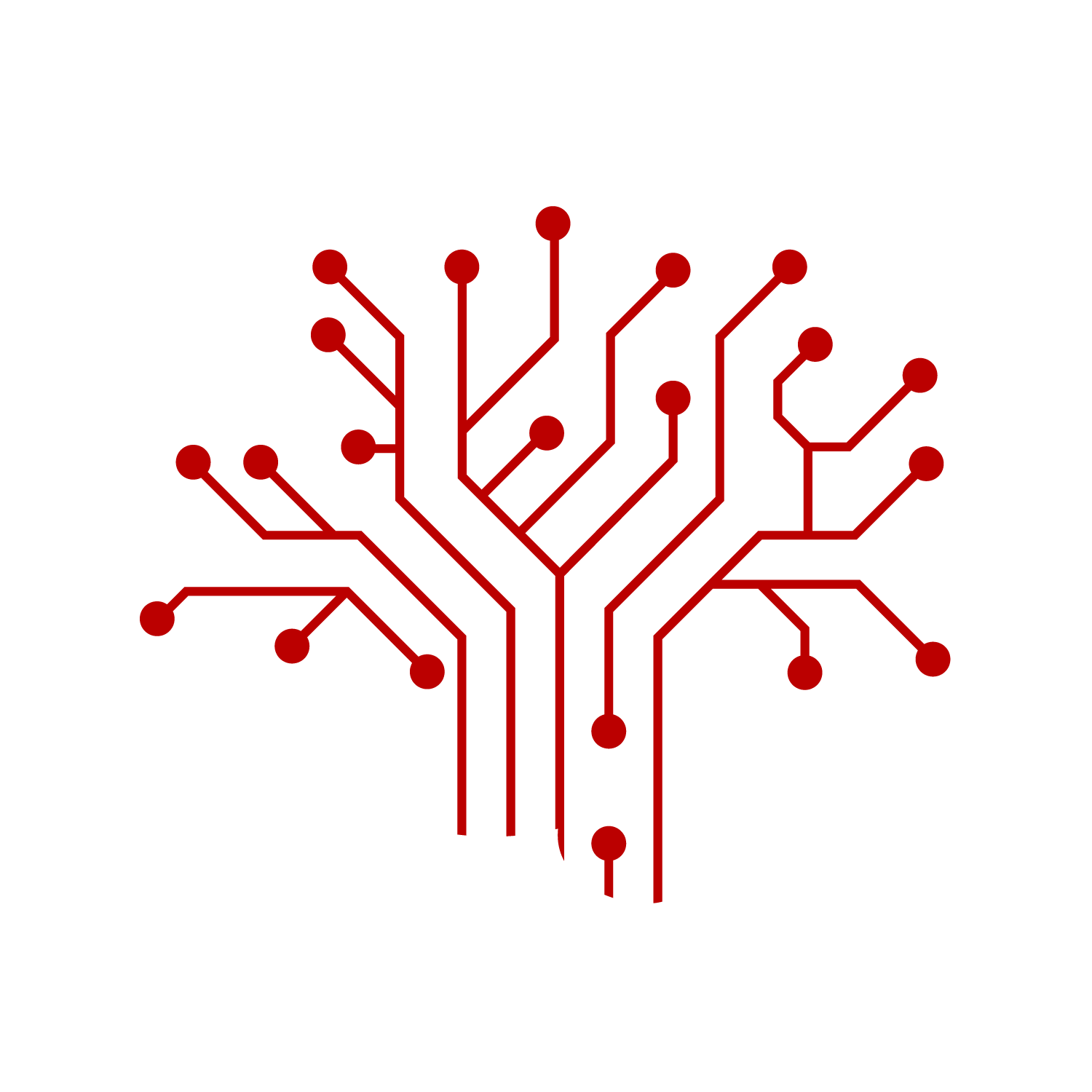Ph.D. in Systems Neuroscience Courses and Activities
The program consists of the following core activities:
- Coursework in neuroscience, quantitative methodologies, and experimental neuroscience
- Exposure to experimental approaches through thesis research
- Training in teaching, scientific presentations and responsible conduct of research
- Successful defense of a Ph.D. Thesis
Additional satellite activities through the CNBC will also foster students’ professional and scientific development.
Course requirements
The coursework is designed to ensure that students are well trained in neuroscience and that they also receive in-depth training in a set of quantitative approaches relevant to the field of systems neuroscience.
A typical student will take 2-3 courses per term in their first year and complete all coursework by the end of their third year in the program. Because of differences in background and educational goals, course requirements for each student in the program will be adapted to their individual needs.
CNBC Core Course Requirement
Students must complete the four-course requirement of the CNBC certificate program:
They must gain graduate level training through coursework in the following four areas: (i) cell and molecular neuroscience, (ii) systems neuroscience, (iii) cognitive neuroscience, and (iv) computational neuroscience. Recommended courses fulfilling this requirement include:
- (i) 03-762 Advanced Cellular Neuroscience (12 units)
- (ii) 03-763 Systems Neuroscience (12 units)
- (iii) 85-765 Cognitive Neuroscience (12 units)
- (iv) 36-759 Statistical Models of the Brain (12 units)
Additional Course Requirements
- 03-747 Proposal Preparation and Peer Review (6 units)
- 03-755 Graduate Research Seminar (3 units) x 2 semesters
- 03-750 Biology Departmental Research Seminar (1 unit) x 2 semesters
- 36-749 Experimental Design for Behavioral and Social Sciences (12 units)
Electives
Two graduate-level elective courses from the list, below. Other elective courses may be proposed, subject to approval of the program director.
- 02-620 Machine Learning for Scientists
- 02-719 Genomics and Epigenetics of the Brain
- 10-701 Introduction to Machine Learning
- 10-733 Representation and Generation in Neuroscience and AI
- 15-883 Computational Models of Neural Systems
- 36-617 Applied Linear Models
- 36-700 Probability and Mathematical Statistics
- 36-705 Intermediate Statistics
- 38-610, 611 Programming for Data Scientists & Large-Scale Computing
- 38-615 Computational Modeling and Machine Learning in Science
- 38-616 Neural Networks and Deep Learning in Science
- 42-632 Neural Signal Processing
- 86-631 Neural Data Analysis
- 86-675 Computational Perception
- 86-783 Neural Engineering Laboratory
Back to top
Program Milestones
Progress in the program is tracked based in part on students’ successful completion of program milestones. A committee selected by the student and approved by the program director evaluates the performance on milestones.
First year (9 month) research requirement
By the end of the first academic year, students will give an oral presentation summarizing the background and significance of their proposed research topic and a summary of any work accomplished to date in the laboratory.
Second year (15 month) research requirement
At the start of the spring semester of the second year of study, students will give an oral presentation summarizing their research to date and their proposed path forward. A three-person committee will evaluate the student’s progress to date.
Choosing a PhD thesis advisor
Any potential PhD thesis advisor must be a member of the PSN approved training faculty. An up to date list of training faculty can be found at http://www.cnbc.cmu.edu/PSNtrainingfaculty.
Ph.D. Thesis proposal
Required coursework should be completed by the end of the third year. During the fourth year a Ph.D. candidate should present a thesis proposal to his or her thesis committee and the community. The thesis proposal should include: a succinct summary of the proposed research problem; the significance of the proposed research; a review of relevant literature relating to the problem; a review of the candidate’s work leading up to the thesis, including preliminary results; a clear statement of remaining research; and a tentative schedule for completing the work.
Ph.D. Thesis Defense
Normally, the dissertation is completed during the student’s fifth year. The thesis defense is your chance to present the culmination of all your work and research to the neuroscience community and field questions from your thesis committee.
Additional Requirements
- All students will Responsible Conduct of Research Training.
- In order to build skills in teaching, mentoring, communication and management, each student will be required to serve as a teaching assistant for two courses during their career as a graduate student in the program.
- Students will participate with CNBC certificate students in the following co-curricular activities: The CNBC colloquium series; the Brain Bag research seminars; and the CNBC retreat.

